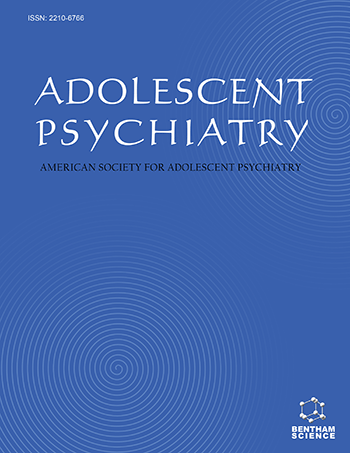Abstract
Background and Goals: Cannabis is the most widely illicit substance around the world. Treatment success is predicted by different factors, among which, motivation for changing the behavior is one of these factors. Therefore, identifying the client’s readiness to change is important. Working with clients that are in precontemplation stage of change constitutes a big challenge for therapists.
Methods: In this paper, we present the case study of Joao, a young adult with cannabis use disorder, comorbid with social anxiety. The therapeutic intervention followed the principles of motivational interviewing, highly recommended with clients less ready to change. It also combined techniques from cognitive-behavioral therapy and narrative therapy, to help separate the client from the problem, thus helping him to construct a more fulfilling life. Throughout the article, the subjective viewpoints of the client will be highlighted, in the form of micronarratives written by the client, suggested as therapeutic tasks.
Discussion/Results: Several challenges were faced while addressing resistance and ambivalence, early on and throughout treatment. Joao dropout in the 23rd session, after achieving some therapeutic gains. Changes in his self-talk, documented in the micronarratives, served as indicators that his relationship with cannabis started to change. The therapeutic tasks suggested were important in helping him to increase motivation for change and to write new paths for his life.
Conclusion: It is crucial to adjust the therapeutic interventions to the client’s readiness to change, and continuously reflecting about the therapeutic process, addressing moments of disengagement, early on, to increase the probability of behavior change.
Keywords: Cannabis dependence, precontemplation stage of change, ambivalence, therapeutic intervention, motivational interviewing, cognitive-behavioral techniques, narrative therapy, case study.




























